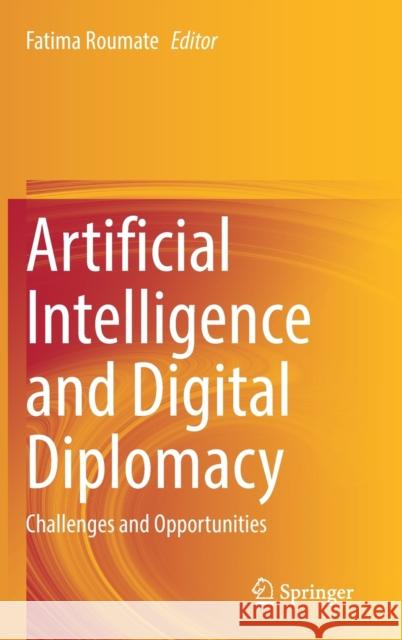Artificial Intelligence and Digital Diplomacy: Challenges and Opportunities » książka
topmenu
Artificial Intelligence and Digital Diplomacy: Challenges and Opportunities
ISBN-13: 9783030686468 / Angielski / Twarda / 2021 / 256 str.
Kategorie BISAC:
Wydawca:
Springer
Język:
Angielski
ISBN-13:
9783030686468
Rok wydania:
2021
Wydanie:
2021
Ilość stron:
256
Waga:
0.53 kg
Wymiary:
23.39 x 15.6 x 1.6
Oprawa:
Twarda
Wolumenów:
01
Dodatkowe informacje:
Wydanie ilustrowane











